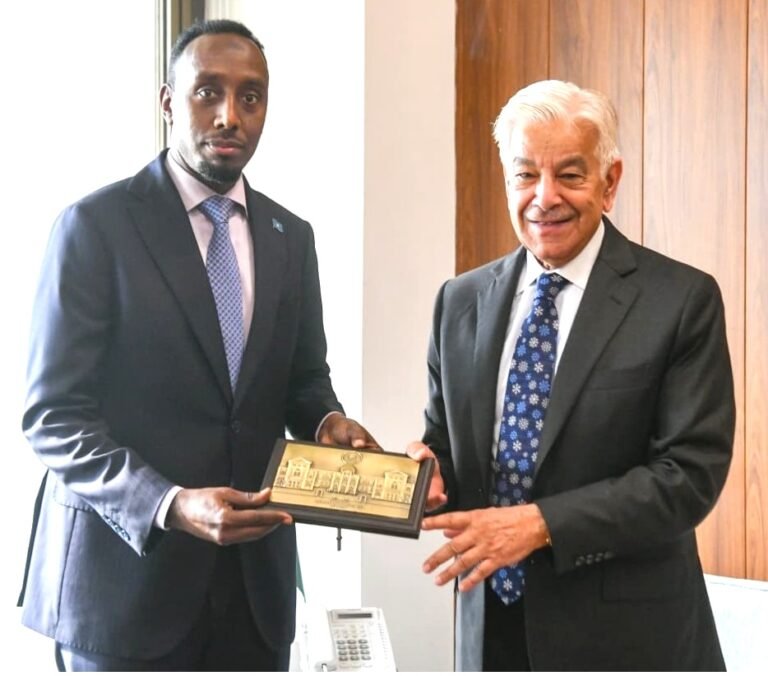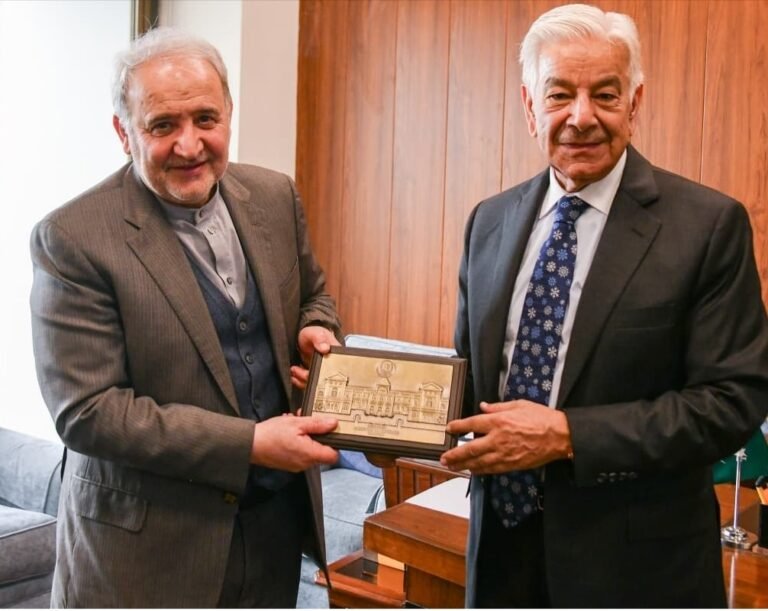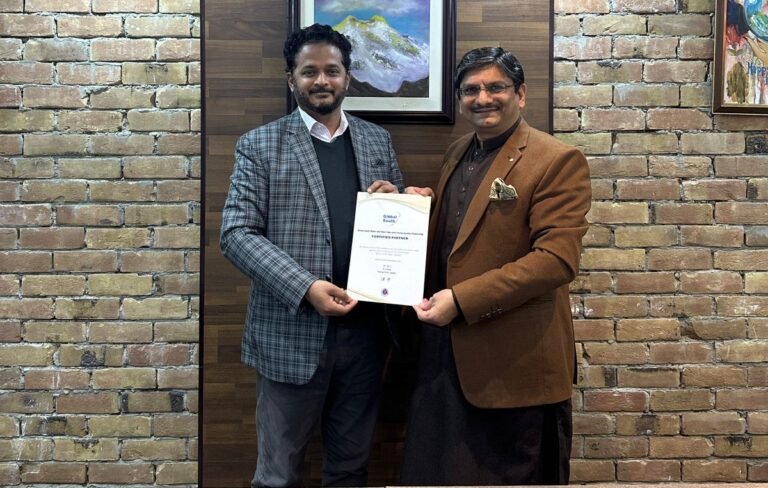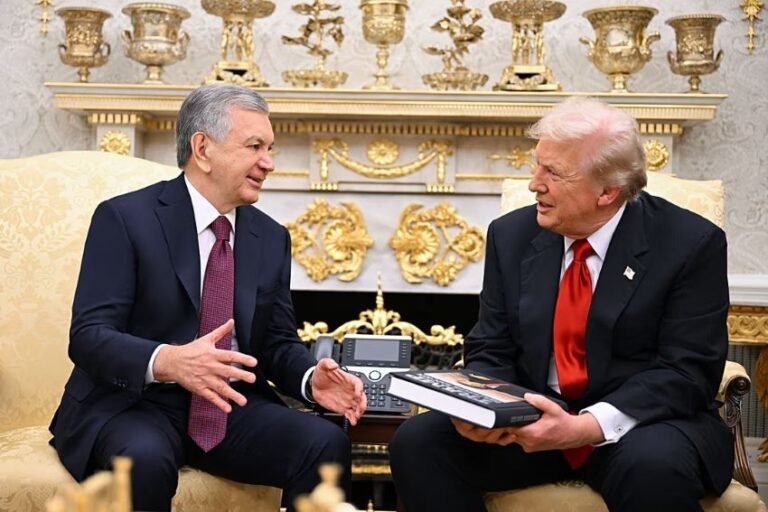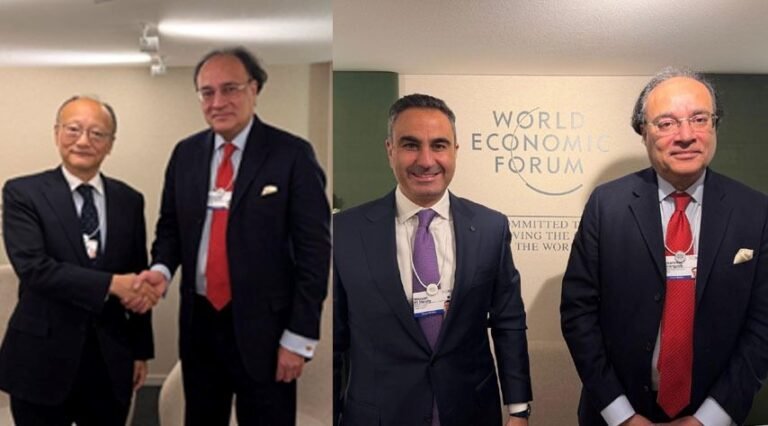*Drumrolls*
The 4th edition of International Digital Security Forum (IDSF) is just around the corner and the cultural hotspot, MuseumsQuartier, of Vienna is buzzing with all the preps.
Before we hop on to this year’s Forum, let’s revisit how IDSF has brought Vienna into the spotlight of global cyber security discourse.
Organized by the Austrian Institute of Technology (AIT), IDSF has become a flagship multi stakeholder platform, that brings together international and national stakeholders from industry, government, research and civil society.
Since 2017, when AIT, alongside its partners, organized the first Cyber Security Week, the dialogue has remained centered on the necessity of international cooperation for sustainable and secure cyber networks, as more and more countries enter the ambit of digitization in public affairs and policy making.

Vienna Cyber Security Week: Where It All Started
On 16 February, 2017, international experts from public and private sectors of around 24 countries, as well as from international organizations, gathered to discuss “Cyberspace, Energy & Development – Protecting Critical Energy Infrastructure.”
Next year, the scope of the week-long dialogue expanded to include security of a broad range of critical digital infrastructures, and not just energy. More than 300 high-level participants from 41 countries discussed how smart city digitization must be protected against cyber crime and terrorism.
In 2019, the dialogue also included communications and transport, as AIT partnered with the Telecommunication Union (ITU) and the Organization for Security and Cooperation in Europe (OSCE), alongside others.
The Birth of IDSF
During the pandemic year, the Vienna Cyber Security Week evolved into a more focused International Forum discussion, spanning a maximum of two to three days. In 2020, it was formally convened as the International Digital Security Forum (IDSF) that we know today.

Since then, two editions of the Forum have taken place in 2022 and 2023. This year’s Forum will rekindle the global discourse on digital security, technological sovereignty and international cyber resilience from June 4 to 6, 2025.
The theme of IDSF 2020 was “Security in Times of Pandemics and Major Global Events.” It convened as a hybrid event and following conference sessions brought about insightful takeaways:
- Next Generation Border Management
- Advanced Biometrics for Counter Terrorism
- Cyber Crime in Times of Pandemic and Large Global Events
- Explainable AI
- Fake News – Undermining Democracy
- Next Generation Situational Awareness Systems
- Challenges and Abuse of Virtual Currencies
- Digital Resilience & Complexity
IDSF 2022, themed “Secure Digitalization for a Safe, Green and Sustainable Future,” had an extensive line of topics, including:
- Countering Terrorism: Digital Technologies and Ethical Challenges
- Law Enforcement in a Global and Digital Age
- Fake New World: What is Truth? How does the Governmental Perspective look like?
- Supply Chain Security: Addressing Cyber Vulnerabilities and Interdependencies
- Data Sharing vs. Data Sovereignty
- Understanding the Challenges of Digital Societies
- Enhancing Nuclear Security Globally: Technical Advancements and New Strategies for Security
- Responsible AI in a Global Context: Ethical Principles, Regulations and Law
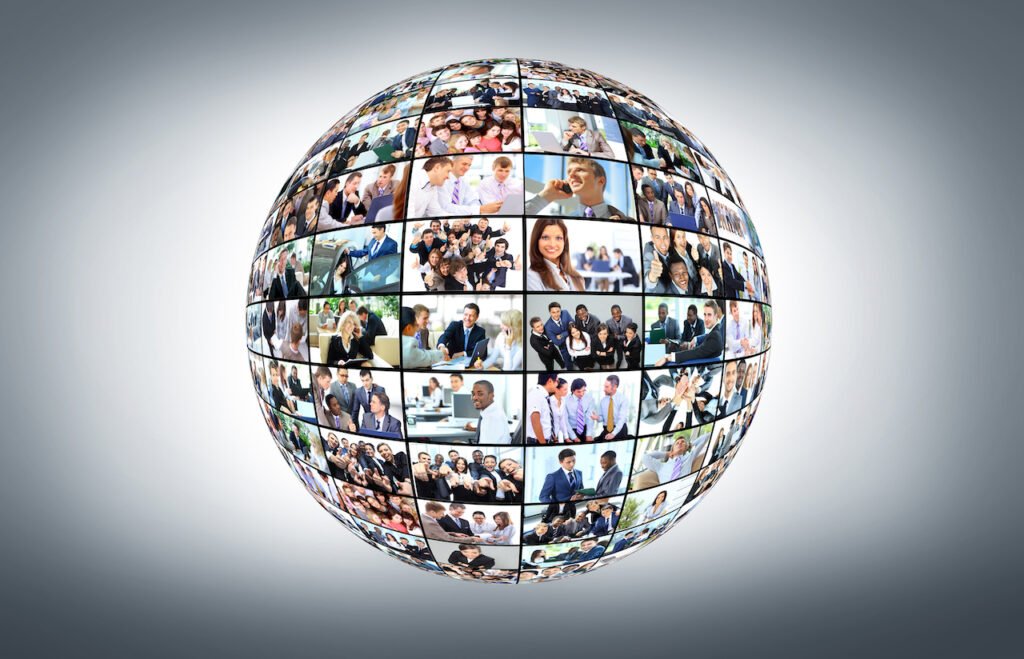
The IDSF 2023 featured 8 keynotes with the presence of over 500 participants. Themed “the Basis for a Safe, Secure and Free Society,” it was held around the following session tracks:
- Responsible Technology Development
- Artificial Intelligence (AI)
- Modern Crisis, Conflict and Disaster Management
- Advancing Global Security through Digital Innovation
- (De-)Centralisation of Digital Infrastructures
- Cyber Security
Sovereignty & Solidarity: This Year’s Challenge
This year, experts are coming together for a dialogue on Balancing Sovereignty and Solidarity in the Digital Age.
Digital transformation challenges states to maintain their open strategic autonomy and sovereignty while fostering global solidarity in leveraging the benefits and addressing risks and cyber threats.
Digital sovereignty emphasizes control over national data and infrastructure, while digital solidarity relies on international cooperation to develop common security standards and share knowledge.
This year’s Forum touches on a delicate theme. Topics include cybersecurity in a globalized world, AI-driven critical infrastructure security, PeaceTech initiatives, and the role of tech diplomacy in an age of artificial intelligence.
As it all starts on the table, the Vienna dialogue will not just raise pertinent questions but will ask stakeholders for answers. So are you ready? Because MuseumsQuartier is!
Established in December 2008, The Diplomatic Insight is Pakistan’s premier diplomacy and foreign affairs magazine, available in both digital and print formats.



